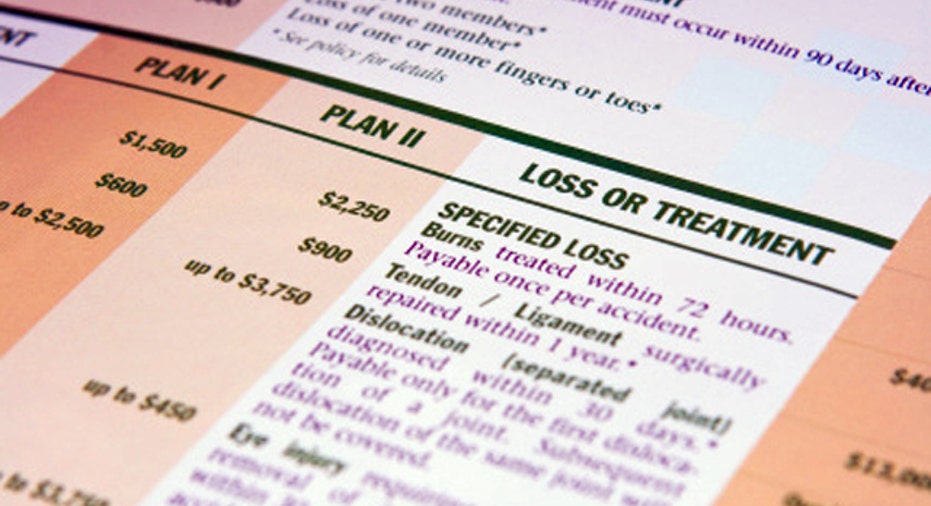Keys to Choosing the Right Health Insurance Coverage

The downturn in the economy has forced many people into self employment and into the hunt of finding individual health insurance. While the Internet has made it easier to compare and buy health insurance, learning some key insurance terms and taking stock of your needs before you start shopping will eliminate much of the hassle and time obtaining coverage.
Determine What You Need and Can Afford
Before you even start your insurance search, you need to determine what you want out of a health insurance plan and what you can afford to pay. Sometimes people find health plans that meet their budget, but doesnt take care of their health, says Ellen Laden, a spokeswoman from United Healthcares individual business. As elementary as it sounds, determine what youre looking for. Take into account things like having a lot of kids (which means many trips to the doctors), medications and dental coverage--this will eliminate unsuitable plans and make the comparison process easier and more exact.
Understand What a Deductible Is
Many people coming from a group insurance plan experience sticker shock when they see how high the deductible, or out- of-pocket expense, that comes with some health insurance plans. While higher- deductible plans mean you have to pay more out of pocket in certain cases, they also have a lower premium, which makes them more attractive to some people. People need to realize that picking a higher deductible doesnt mean you have to have $5,000 in the bank in case something happens. Every hospital will work people to make payments, says Carrie McLean, a licensed insurance agent for eHealthInsurance.com. Although a higher-deductible plan may not be for everyone, McLean advises if the alternative is no health insurance at all then go with a high-deductible plan.
Co-Insurance, Co-Payments and HSAs: Key Terms to Know
Many health insurance plans require the holder to contribute to coverage payments. That contribution is call co-insurance and is the portion you have to pay after the deducible. According to McLean, a popular co-insurance plan is an 80/20 plan in which the insurance company pays 80% of the plan and the consumer picks up the rest. A co-pay is a flat fee youll have to pay every time you visit a doctor or specialist, or the amount you pay for prescriptions. That amount can vary from one plan to the next. A Health Savings Account or HSA is a medical savings account in which consumers can contribute tax-free funds each you to go toward medical expenses. HSA plans are typically associated with high-deductible plans.
Know What the Plan Covers
Health insurance plans come in many different shapes and sizes, which means youll have to understand what a plan does and doesnt cover. All health insurance plans have exclusions and limitations on what they cover and you should know what you are responsible for paying. Know what your bottom line is, advises Laden to avoid any surprises. Its really important to know what youre out of pocket expenses are going to be for the year.
Reputation Matters
Once you have identified what you need from a plan and how much you can afford to pay, the experts suggest checking out the reputation of the various companies to make sure they will be around for the long haul. There are a slew of well known firms that rate the financial health of insurance providers. According to Laden, its not uncommon for people to buy health insurance from no-name firms only to learn they were misled in what they were getting. You have to find a health insurance company that is reputable and well known, she says.



















